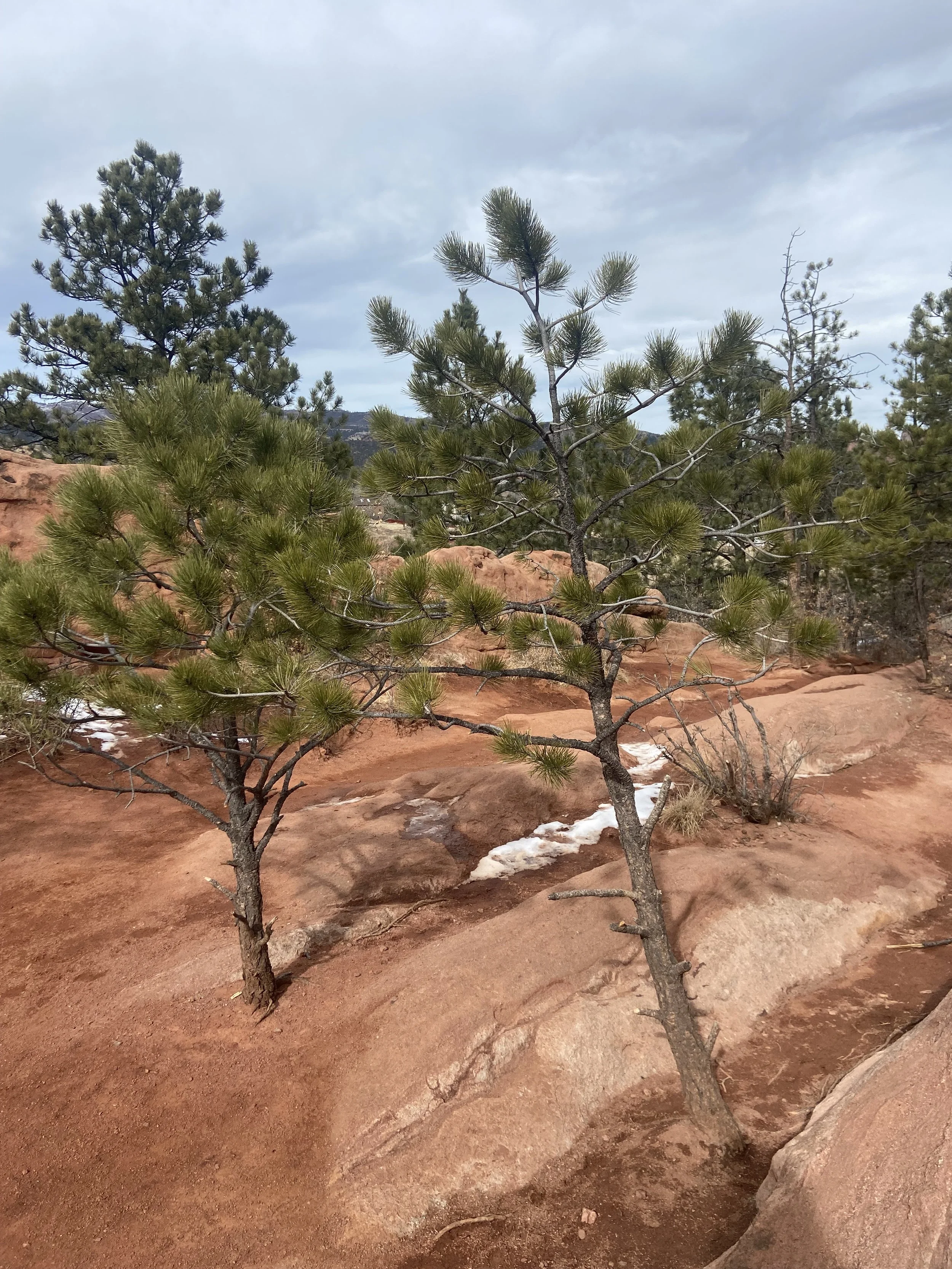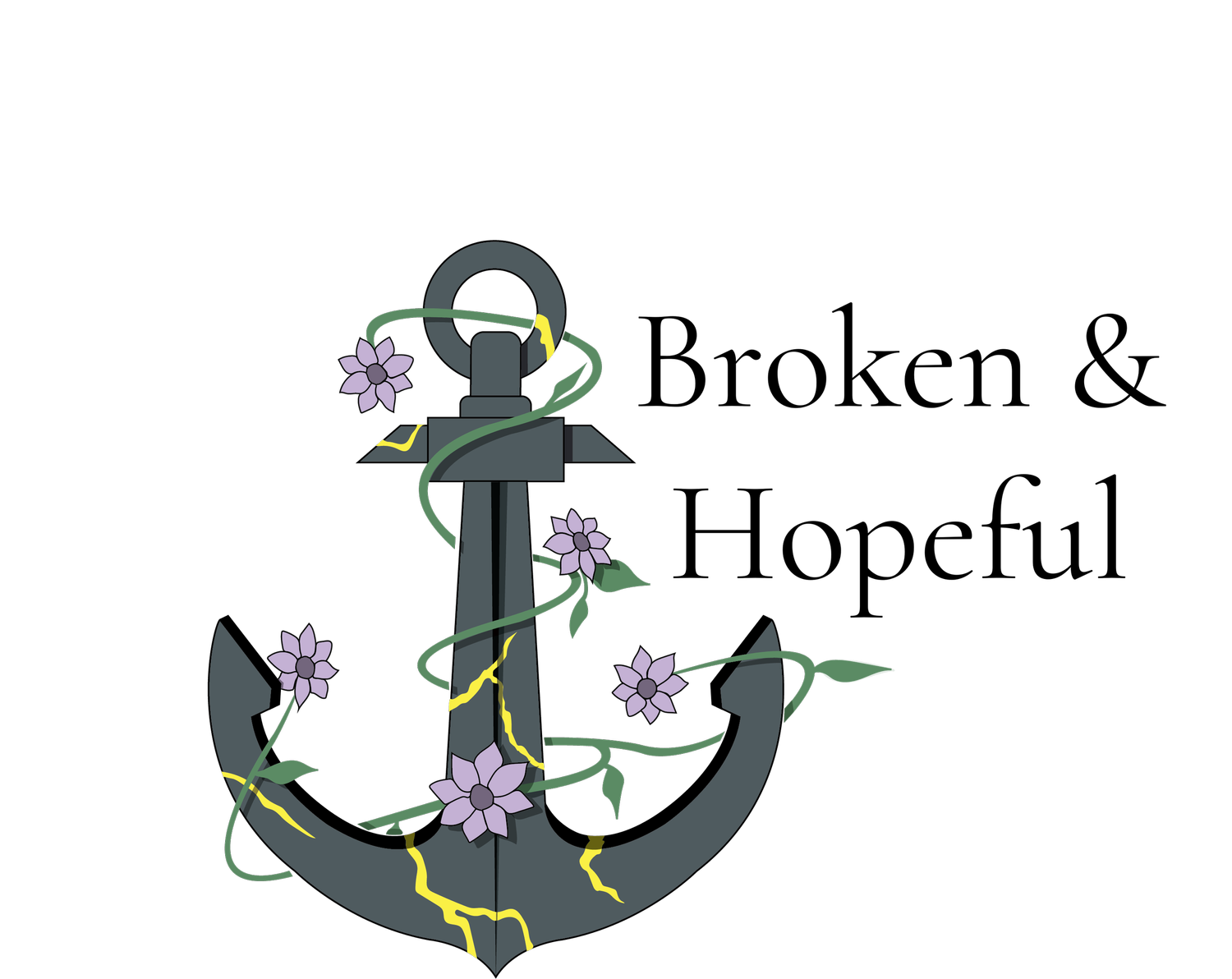Sometimes I think about the story of Mary and Joseph and realize that I forget the reality of what it would have been like. This girl-woman is told by an angel that her whole world is shifting and won’t be what she had thought.
Many times in circles of Christ-followers, we obsess on what we are doing “for” God and how much we are producing, trying desperately to make Him happy with us. I find this stems from an incorrect concept of God, one who is angry and sets unrealistic standards for us, waiting to punish us when we don’t measure up. This is not the God I see in Scripture, as He pursues people constantly to lead them to repentance. Repentance is a change of mind, a turning that leads behavior. God is always walking with you, but repentance means you recognize it and ask Him for His perspective. Sin is separation from God. As Mike Wells used to say, “You fall out with God before you ever fall into sin.” But we obsess on sin as the problem, rather than a break in relationship with Jesus being the problem.
If we are constantly trying to measure up to whatever standards and expectations we believe are important, we basically become just like the religious leaders of Jesus’ day, whom He warned against often. They ended up demonstrating their hatred for God when they crucified Him. They would not be led to a change of mind, but were determined to follow the rules they had set for themselves and to judge everyone around them who was not measuring up in their view. It became a competition among the religious leaders to see who could be more religious. Interesting, isn’t it, when we sometimes do the same thing in the body of Christ?
Over and over again, Jesus told people that He had come as the Savior because we all needed one. That means that we couldn’t save ourselves. We couldn’t come to relationship with the Trinity because we kept trying to achieve and appease instead of receive. We often continue to make it about behavior rather than heart.
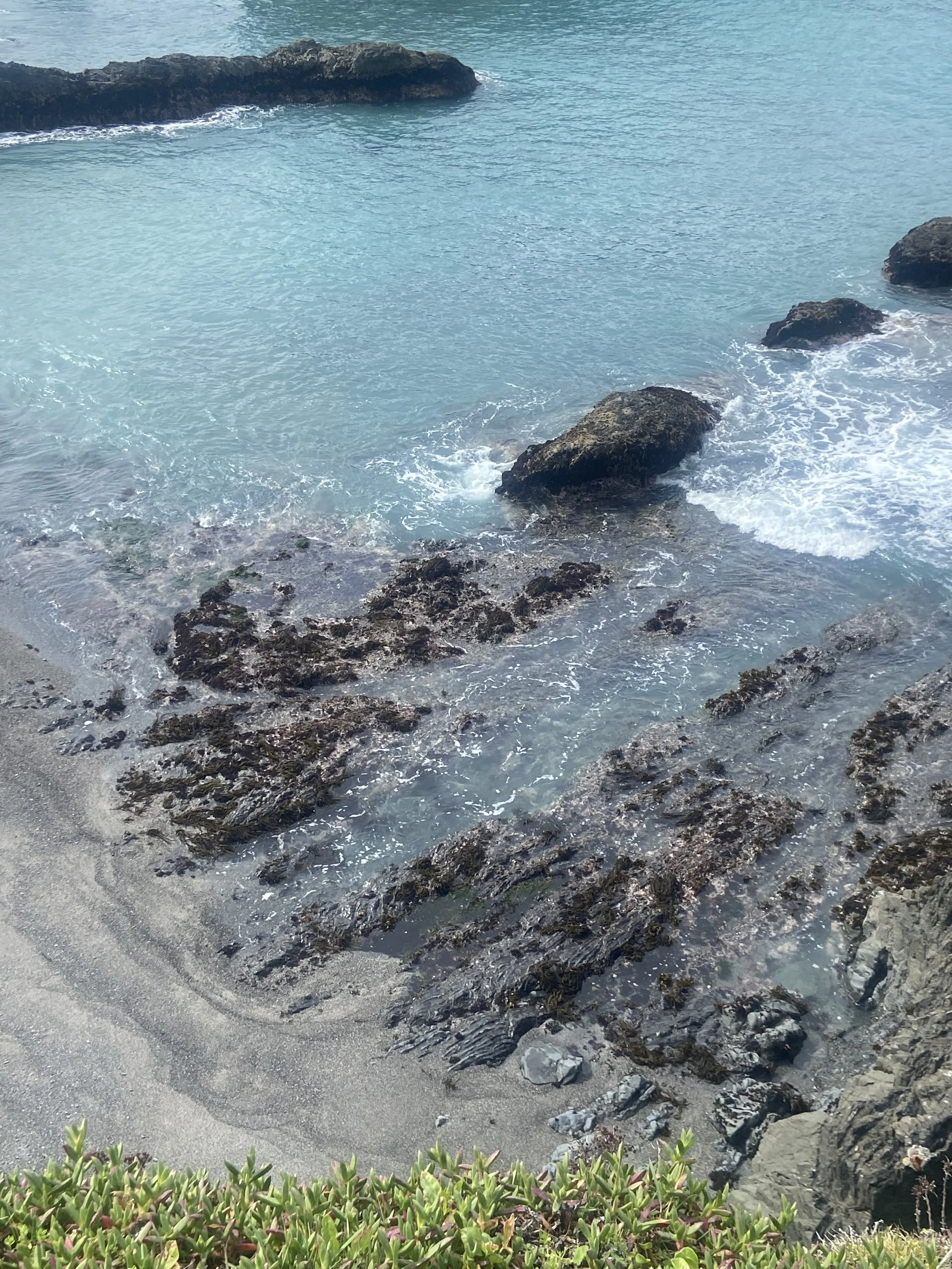
I have been reading a book recently that has made me think deeply about my greatest fears. (It’s Living Fearless by Jamie Winship in case you want to read it. I highly recommend!) Most of the time in the past, I try to push fear away, just telling myself to deny it and move on anyway. I think it’s sort of like when you are a child and you hide under the covers from the monsters in your closet—we believe that will keep us safe from the things we fear. Denial becomes the bed covers, and we keep hiding under it hoping that the fear will go away.
Instead of this, though, Jamie recommends confessing fear to Jesus and letting Him free us from it. I have to be honest, when I first read this, I still really struggled with the idea. I don’t want to talk about my fears. But then I also realized that God already knows my fears, so it’s no surprise or disappointment to Him. I haven’t achieved anything in terms of being free of fear by ignoring or denying them. Instead, I spend a lot of time trying to stomp them down again, hoping they will go away if I just muscle them into submission.
So, I was walking and thinking about this, and I finally took the mental barrier down to really bring my fears out and discuss them with Jesus. And in the spirit of vulnerability opening up vulnerability in others, I’m sharing them with you too.
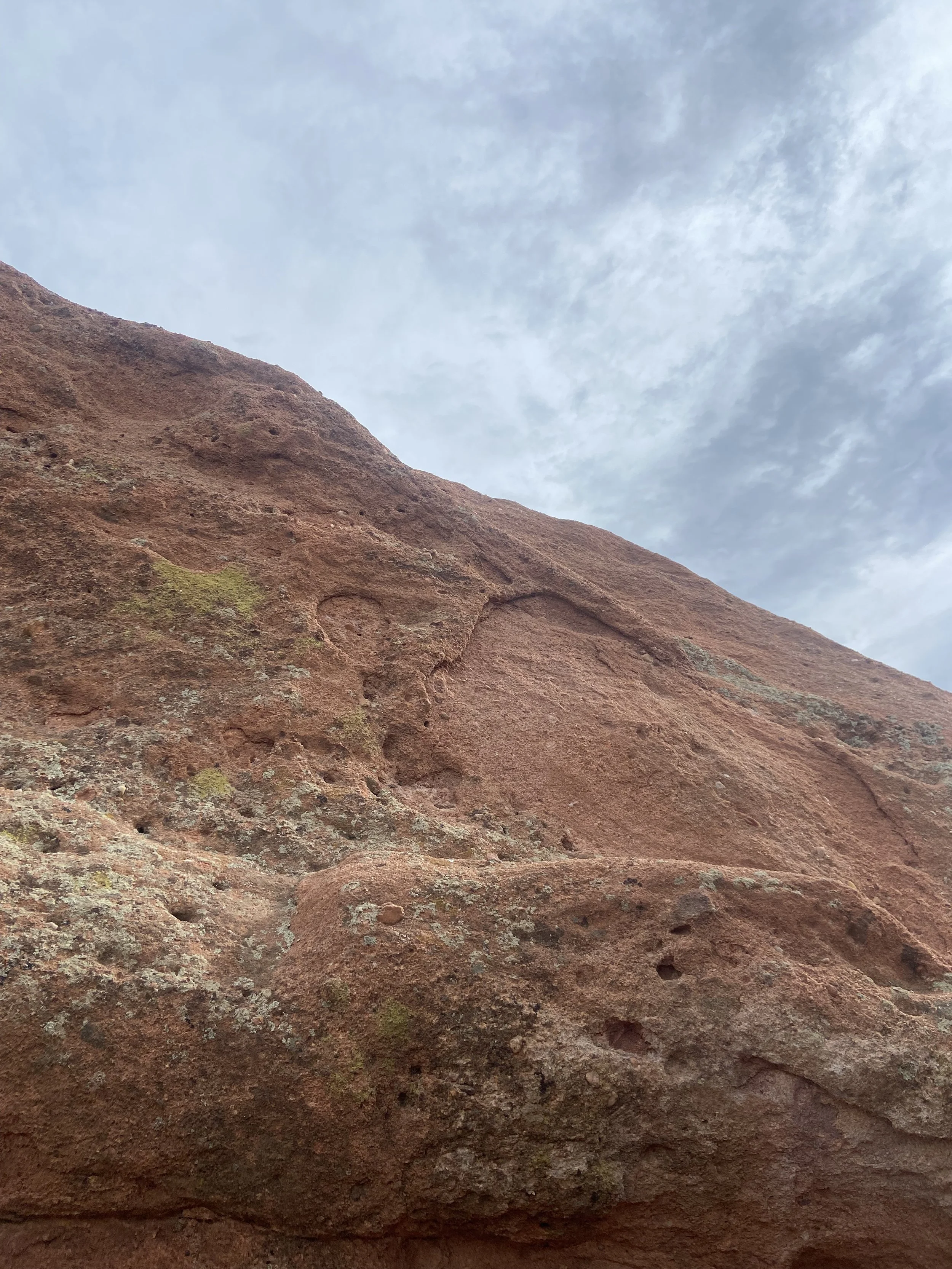
Sometimes people question my slight obsession with teaching people to differentiate between lies and truth when it comes to identity messages. I am, indeed, very focused on doing this because I believe it makes such a difference in how you live life.
I think most of the identity messages we have received that really derail our lives are the negative ones like being a failure, unworthy, unloved, invisible, or rejected. These identity messages become part of who we really believe we are, most of the time because we are trying to get needs met in people when only God can really meet those basic needs. Some of these needs are love, acceptance, value and worth. When we go to a person or people to try to get satisfaction of these, we end up not getting what we wanted and often getting the opposite instead.
Of course, as humans we tend to go to humans first to try to have someone tell us we are ok, and to tell us who we are. When we get responses that are painful and rejecting, we tend to believe them and try to prove them wrong or fix ourselves so we don’t believe they are really true. Unfortunately, though, people are never going to be able to really give us unconditional love, true acceptance, and a communication of worth like we desire deeply. When we realize this, we can actually go to Jesus to get the truth and change our perspective and our source for life.

Sometimes we treat our imaginations as if they are bad and evil, instead of recognizing they are part of the transformation to a new creation and new Life in Christ the same as every other part of us. I think this leads us to shunning the very creativity and amazingness that God has created us to have, and one of the most useful tools in finding peace.
Imagination as defined by Oxford Languages is “the faculty or action of forming new ideas, or images or concepts of external objects not present to the senses” or “the ability of the mind to be creative or resourceful.”
The focus of our imagination is definitely important, and even with a redeemed imagination we can focus on things that don’t really suit us as new creations. But Isaiah talks below about allowing our imaginations to be consumed by God, which allows us to be surrounded in perfect, absolute peace and trust God.
So, if we want peace and trust, we must allow our imaginations to be focused on Him. Have you ever imagined the compassionate, powerful Jesus sitting in front of you for a chat? Have you ever imagined the Father’s glorious throne to which we are invited to come any time boldly? Have you ever imagined Holy Spirit breathing comfort and counsel deeply into the atmosphere surrounding you so that it infuses you and allows you to sleep?
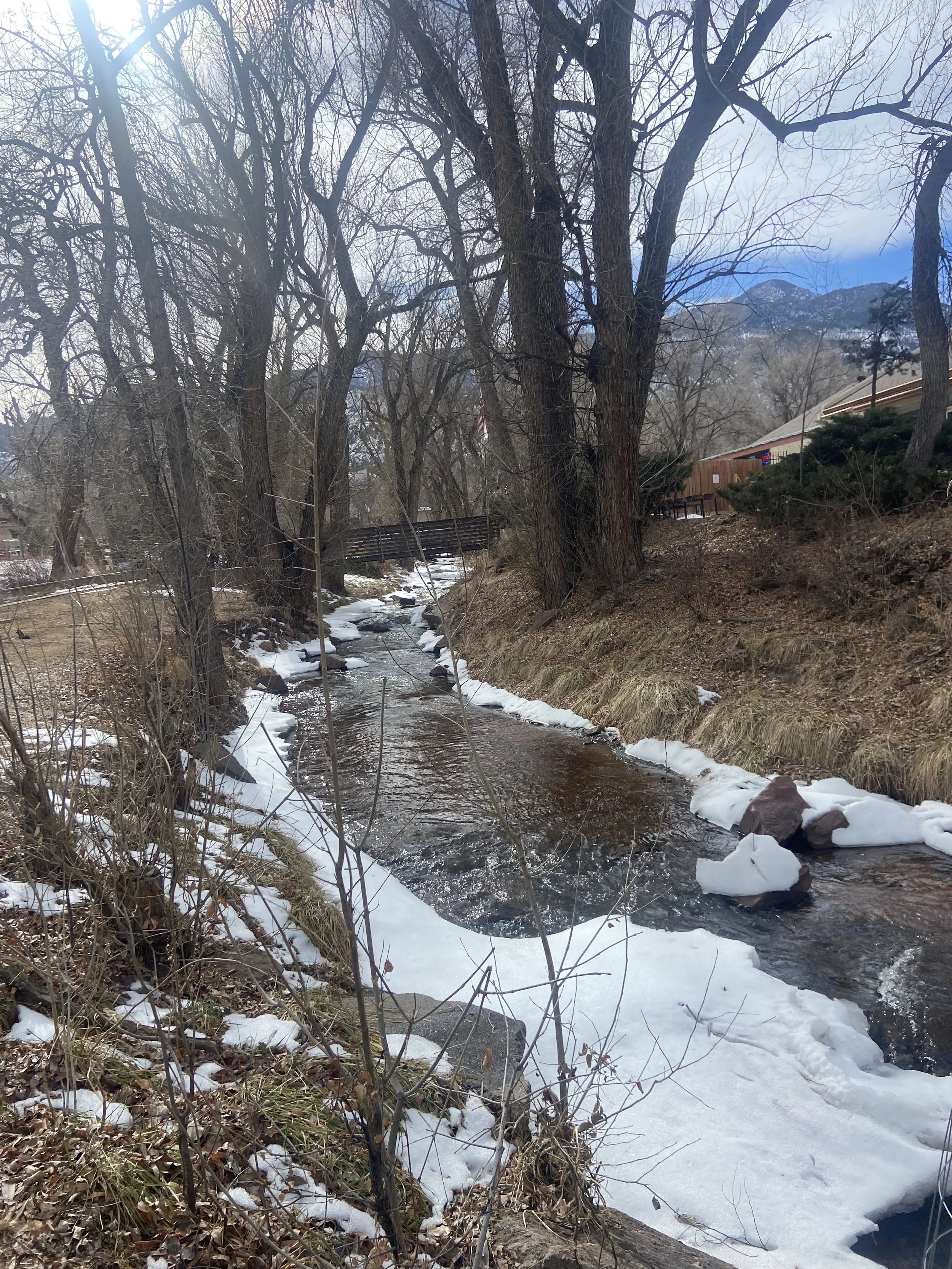
Many people tell me that they aren’t doing enough for God, which really means they don’t think they are working hard enough to make Him happy. I find this so demoralizing and discouraging, as everyone also has a different standard for what “enough” really looks like. We get weary, burned out and frustrated as the standard seems to keep moving depending on who sets it for us. A lot of religious people would love to set that expectation—maybe it looks like giving money, or helping the less fortunate, or being a pastor or giving your life as a martyr. But I don’t think we get the order right when we make this the priority.
All ministry, I believe, must come FROM relationship with Jesus, not IN ORDER TO get closer to or appease Him. We get the order wrong when we believe we can earn His acceptance, and we end up working for something we already have. Jesus has already brought us in, given us worth and told us we are loved and accepted. We didn’t have to do anything to try to earn that, and when we try to do it after the fact, it leaves us trying to live the Christian life without the power to do so.
God’s standard is how Jesus lived on the earth—everything He did came out of relationship with His Father, and nothing was more important than that Source. When we try to live like Jesus did, we make it impossible by removing the source and believing we can achieve that on our own. Instead, we can continue to live with Jesus and with God’s power being the spring from which all of the work we do begins.
